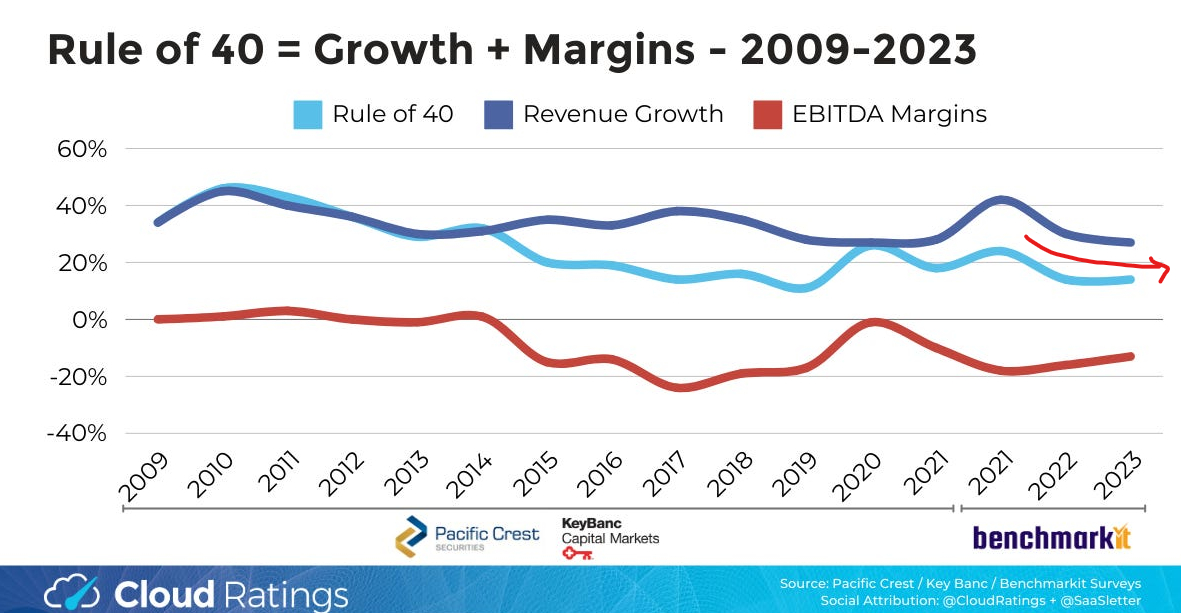
The Taste Premium and Reverse-engineering Creativity
Plus: How LLMs actually work
June 1, 2024 · Updated January 18, 2026
Hello and happy Sunday! We published something a bit different this week—a deep dive on the startup-slash-artists-collective MSCHF by Evan Armstrong. The 3,3667-word piece yielded (at last count) 1,003 suggested edits in the draft, which may be an Every record. As always, let us know what you think in the comments.
On to everything else we published this week, along with our take on the latest tech and business news.—Kate Lee
Was this newsletter forwarded to you? Sign up to get it in your inbox.
Our stories
"The Art of Scaling Taste" by Evan Armstrong/Napkin Math: MSCHF is one of those rare businesses that, after writing about it, makes us want to run Every differently. The artists collective has launched over 100 different products in the last five years while remaining true to their taste. Read this to learn how the MSCHF process works and how you can apply it to your business.
🔏 "Supercharge Your Creativity With Inductive Coding and AI" by Michael Taylor: Prompt engineer Michael Taylor shows you how to use AI to analyze successful exemplars in your field and make strategic decisions about what to emulate and where to innovate. Read this if you want to learn how to use memetic analysis to rig the creative game in your favor.
"How Language Models Work" by Dan Shipper/Chain of Thought: In this 100 percent jargon-free guide, Dan breaks down the key concepts of large language models—Super Words, attention mechanisms, and semantic maps—that make tools like GPT-4 tick. Read this for a straightforward explanation of LLMs, sans the tech lingo.
🎥 "Introducing 'AI & I'" by Dan Shipper/Chain of Thought: We've got a new name, but it’s the same great show—just no longer bounded by ChatGPT. How Do You Use ChatGPT? is now AI & I. Watch the trailer on YouTube or Spotify, and subscribe now on YouTube or Spotify for next week's episode featuring bestselling author Steven Berlin Johnson. 🫣 Take a peek at the inspiration behind the show’s new name.
Chain of links
An AI-generated activist image got 44 million shares. A recent picture meant to call attention to the Israeli-Gaza conflict went mega-viral on Instagram. The application of new technology typically starts off benevolently before devolving into something more complicated and messy (see social media and the Arab Spring). Now that AI images are going viral for anti-war protests, expect similarly compelling images calling for more violence.
Have we hit AGI? No. Have we branded AGI? Yes. A company automating customer service with AI agents raised $28 million. I’m sure the product is great, and I hope they succeed but also, can we not do this? If all AGI does is automate a call center, I weep for our future.
Mommy and Daddy AI are fighting again. This week we watched a few millionaires take snipes at each other online. Elon Musk fought Meta’s chief AI scientist Yann LeCun over the definition of science. Meanwhile, Helen Toner (former OpenAI board member and noted coup fan) went on the record about why she tried to fire Sam Altman from OpenAI. Figures with large followings inserting themselves in public spates should mostly be interpreted as competitive bouts, jostling for position and power. Musk and LeCun are building very different versions of AI for which they’re competing over the scarce resource of AI researchers. Toner and Altman are competing over professional reputations and the future of OpenAI. Life is easier if you view every person with over 10,000 followers on X a little cynically.
Publishers signing the devil’s deal? Vox Media and the Atlantic joined other publishers in getting friendly with OpenAI. OpenAI gets training data while these companies get preference in ChatGPT results, and money. This solves…nothing. The issues in the media are with the long tail—smaller media companies are in a much tougher position than big publications like the ones with which OpenAI is doing deals. The Atlantic and Vox will be just fine, but OpenAI would need to sign tens of thousands of these deals to make a meaningful difference, which feels unlikely. Licensing deals will be a savior of media companies in the same way that social media was (not at all).—Evan Armstrong
The napkin math
Totally not Espionage, Inc. One of the funnier things that companies do to try to avoid scrutiny is label themselves something obvious. I’ve previously written about how Pornhub was acquired by “Ethical Capital Partners,” which is like the Medellin cartel being bought by “Totally Not Crime LLC.” This week we had the state-craft version. A Chinese lidar company got sanctioned by the U.S. and wasn’t supposed to operate here. To get around the ban, it opened a Detroit office for “American Lidar.” Hilarious.
Called it! Last week, I warned that robotic process automation (RPA) companies like UiPath were in serious trouble with the incorporation of AI agents in Microsoft’s Power Platform. I was very right. The company crashed 35 percent this week on lackluster sales guidance and its CEO stepping down. A gentle reminder that this is what you pay us for.
OpenAI gets its largest customer yet. Speaking of RPA, OpenAI signed a channel sales partnership with consulting firm PWC. RPA companies grew because they used consulting firms as implementation and sales partners. Consulting firms would include RPA tech as part of their pitch in return for a share of the revenue. OpenAI is doing the same thing for its generative AI technology. Ambitious and smart.
SaaS losing steam. Salesforce, the most iconic company of the cloud era, posted its first-ever single-digit year-over-year growth rate for Q2—its smallest increase ever. The market punished it by dropping its stock by 20 percent. Historically the company has always operated in growth mode, spending on flashy acquisitions like Slack and Tableau while throwing marketing dollars everywhere. The company has big choices to make: Either it does 20-30 percent layoffs or spends big on another acquisition. Whatever happens, it is a new era in software.—EA
For the love of charts
Whither the Rule of 40. The percentage of SaaS companies achieving the Rule of 40—the combined percentage rate of a company’s margin and growth should equal a minimum of 40—is trending back toward pre-pandemic lows (according to one index, at least):
Source: Saas Letter.
Just under 20 percent of SaaS companies (in the 1,000-plus company index) qualify. The Rule of 40 is the gold standard for SaaS. You can be very profitable and grow more slowly, or be not so profitable and grow quickly, or some combination thereof. For now, revenue growth is slowing more precipitously than margins are improving, so more companies are missing their marks. The good news is that profitability is trending upward, so the good times should roll again soon.—Moses Sternstein
The examined life
Details matter. I have been absolutely bewitched by a four-hour videologue that systematically eviscerates Disney’s now-closed Star Wars Hotel. YouTuber Jenny Nicholson’s two-day experience cost at least $6,000 and was sorta, kinda, terrible? The gameplay was broken, the special effects were bad, and the whole thing came off as half-baked. The contrast between Disney’s abject creative failure and Nicholson’s creative excellence (and her spectacular taste) make for a mesmerizing video, even if you don’t care about this hotel or Disney all that much. I am in that camp myself, but after I watched the first five minutes, I suddenly realized that it had actually been two hours. This is Tiger Woods with a putter, DaVinci with a brush. You may not care about YouTube as a medium, but it is worth watching a master at work.—EA
Eye candy
What if ChatGPT came out in 1995?
Source: X/Lucas Crespo.That’s all for this week! Thanks for reading, and be sure to follow Every on X at @every and on LinkedIn.
The Only Subscription
You Need to
Stay at the
Edge of AI
The essential toolkit for those shaping the future
"This might be the best value you
can get from an AI subscription."
- Jay S.
Join 100,000+ leaders, builders, and innovators

Email address
Already have an account? Sign in
What is included in a subscription?
Daily insights from AI pioneers + early access to powerful AI tools








Comments
Don't have an account? Sign up!